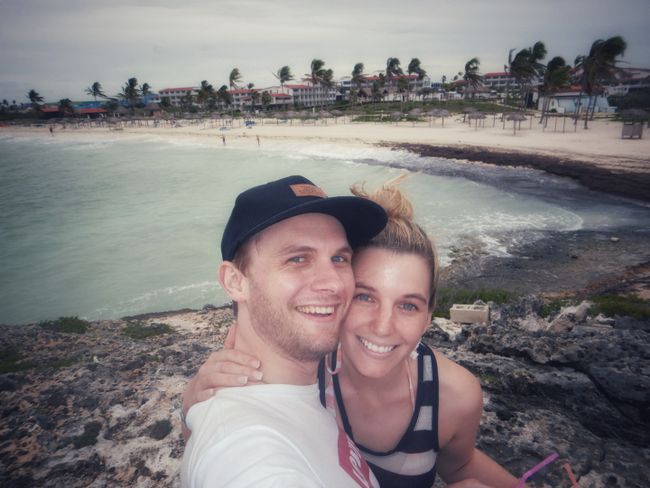Asia and the correct side of the road
Ebifulumiziddwa: 01.10.2018
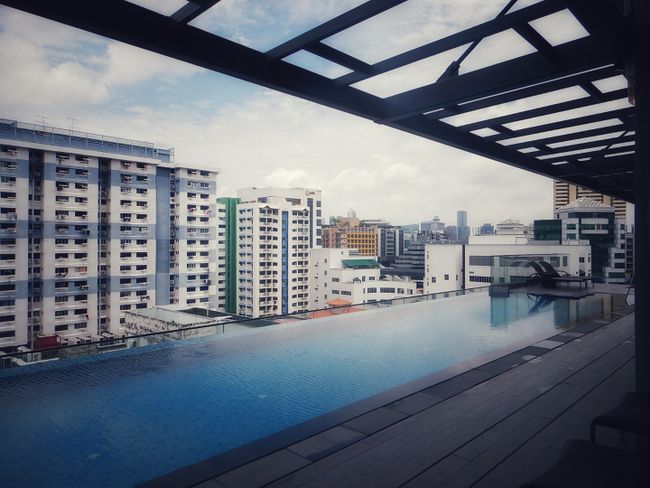
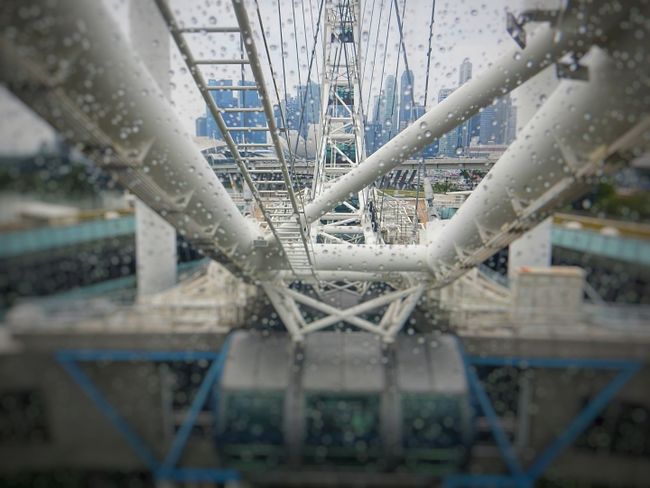
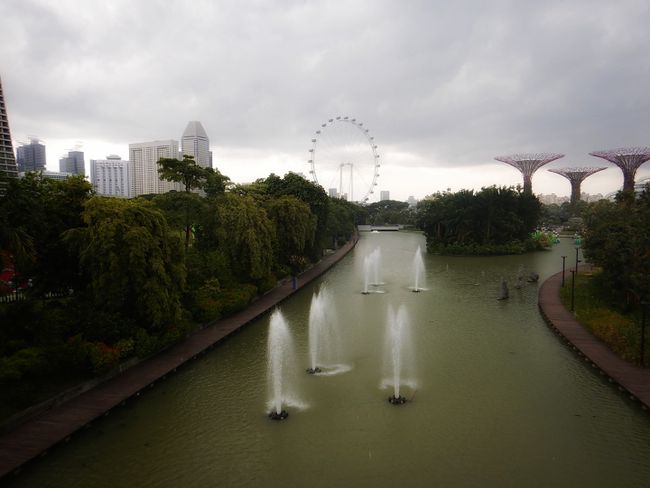
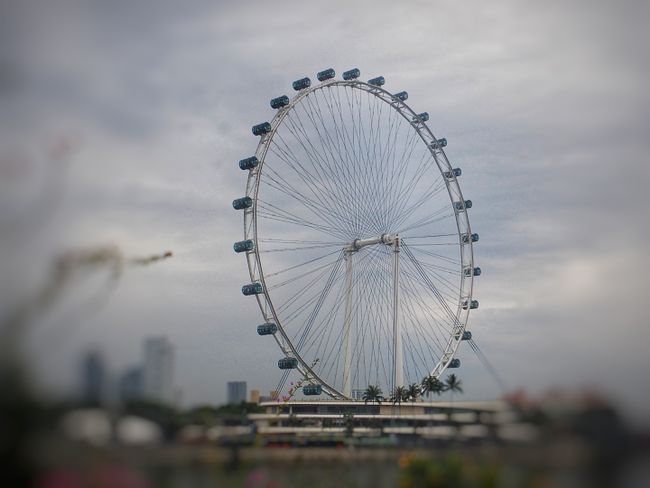
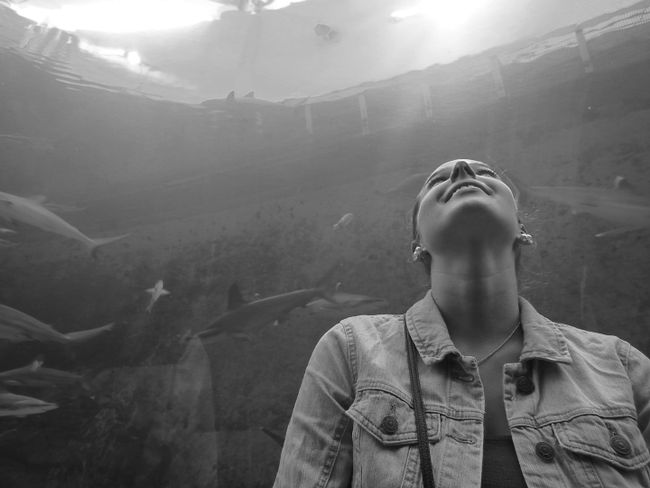
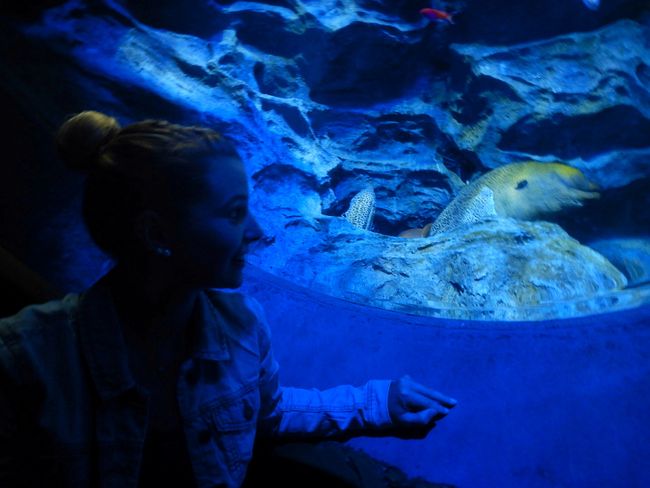
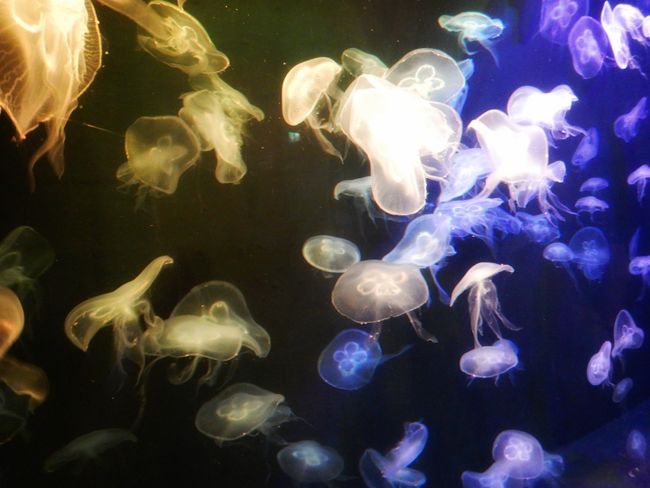
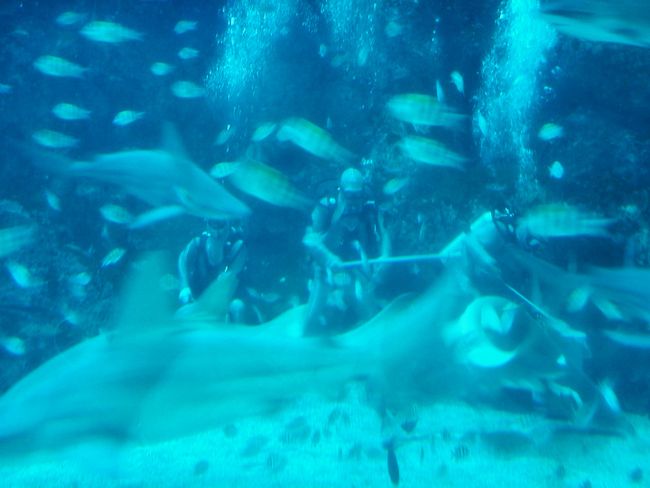
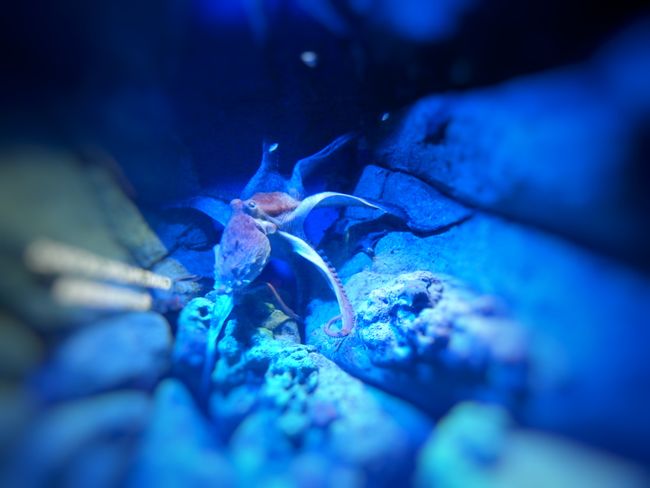
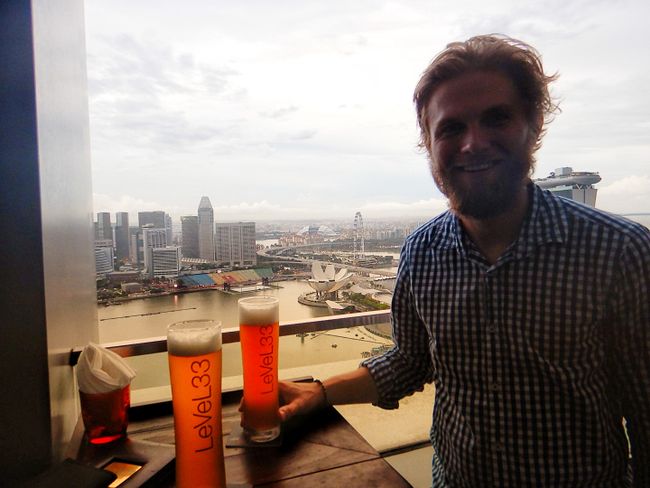
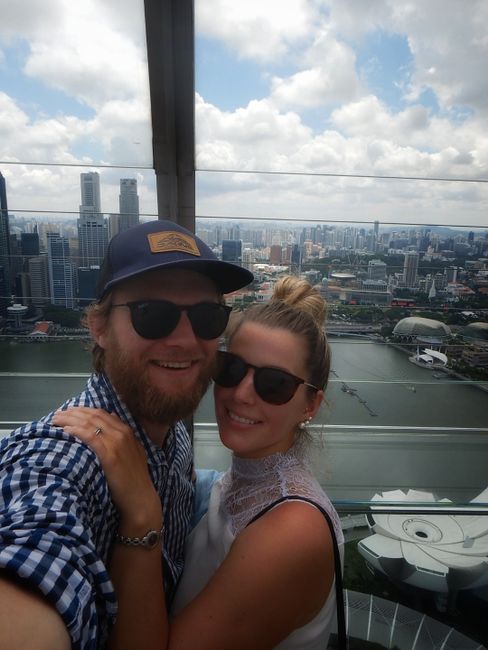
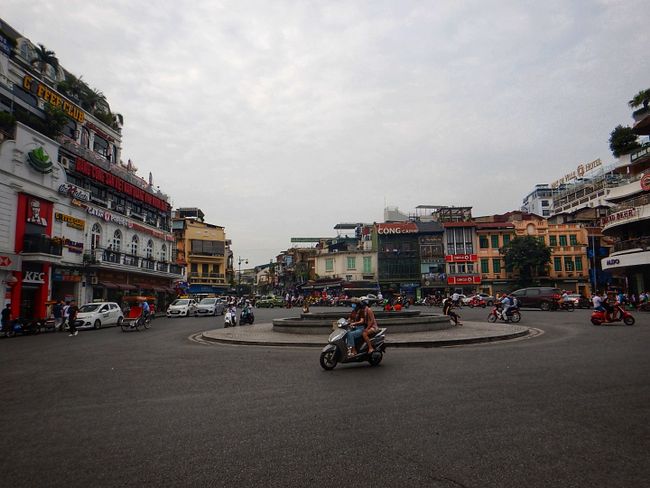
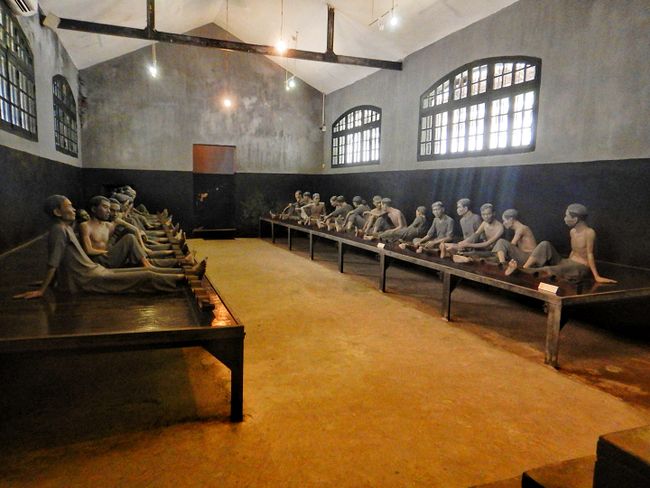
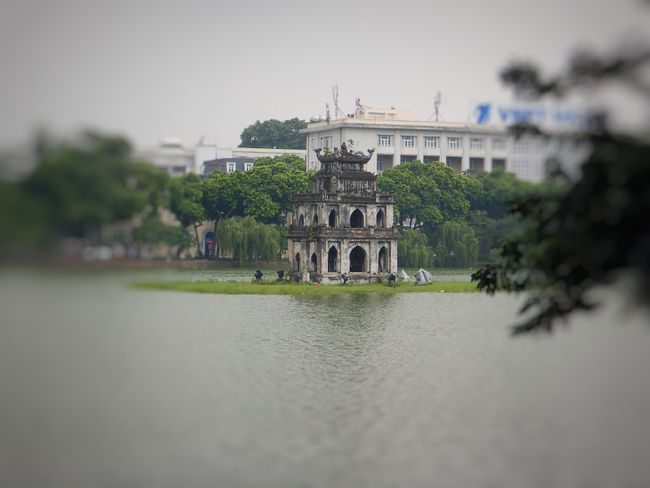
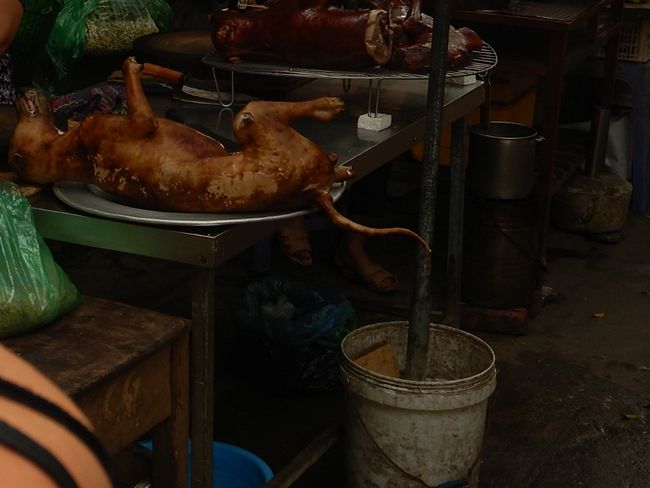
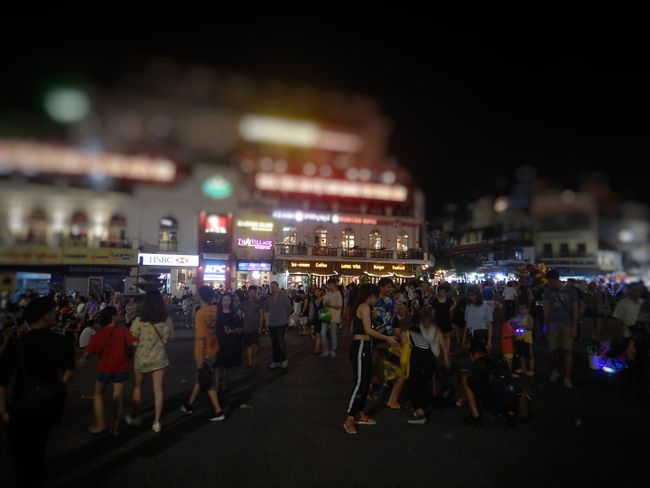
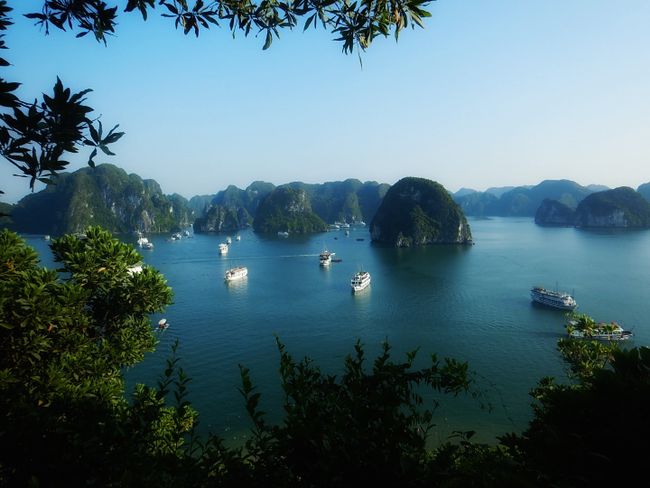
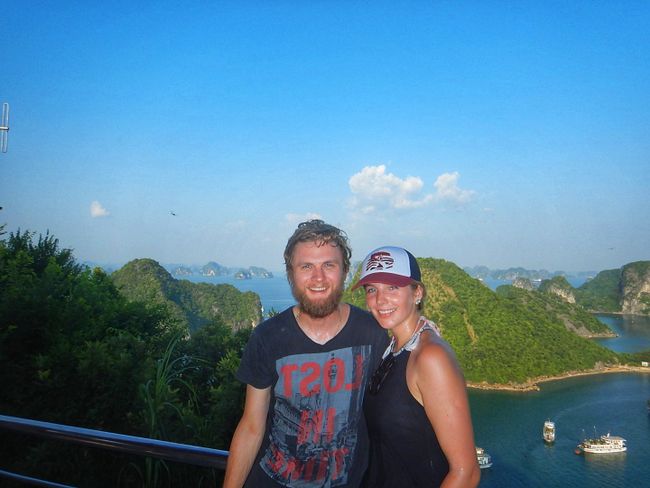
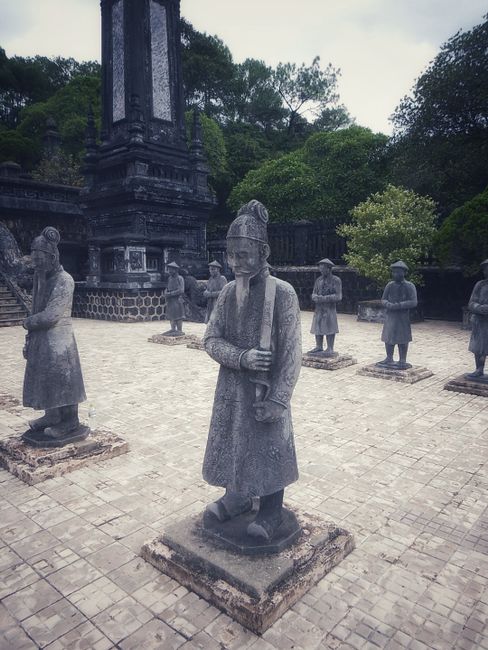
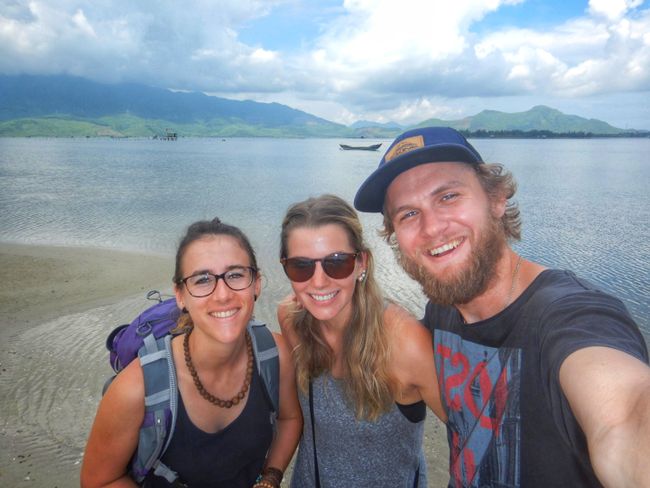
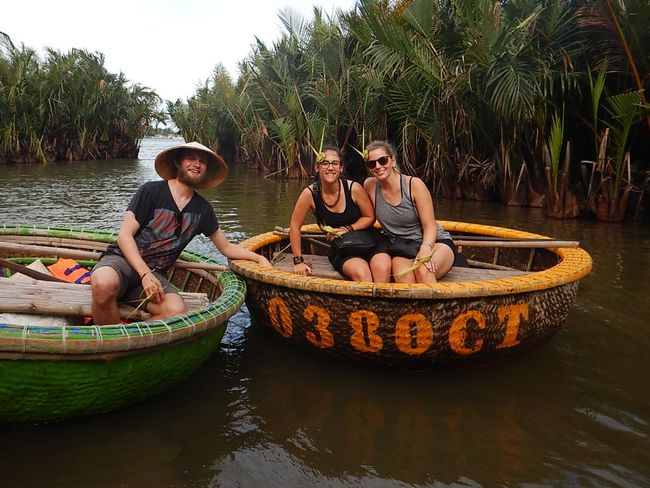
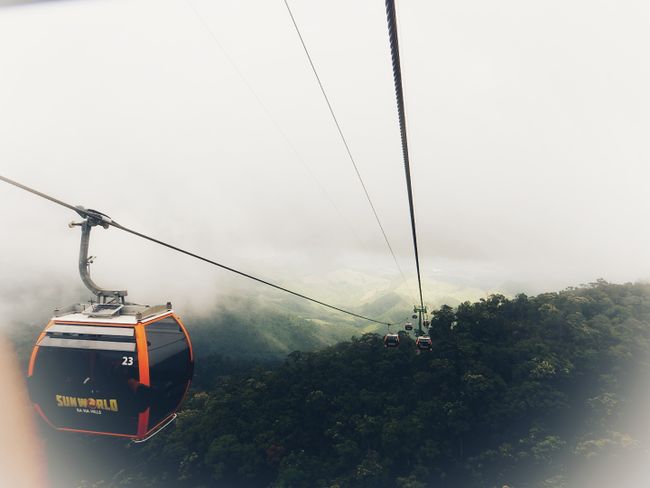
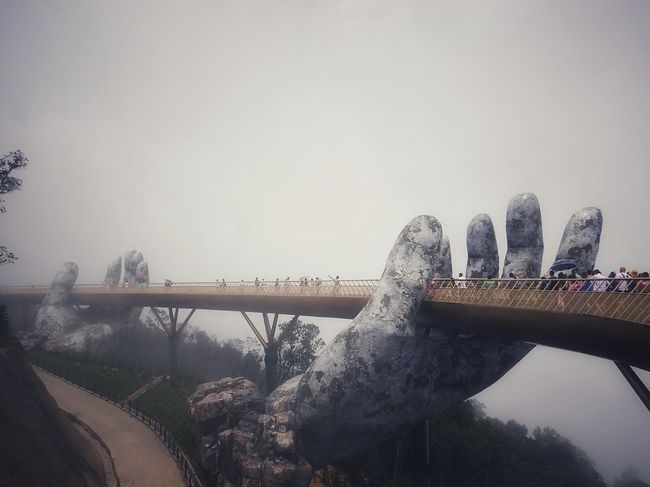
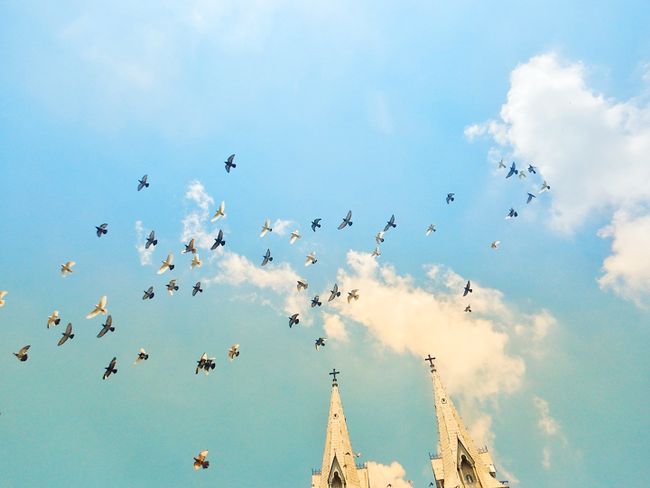
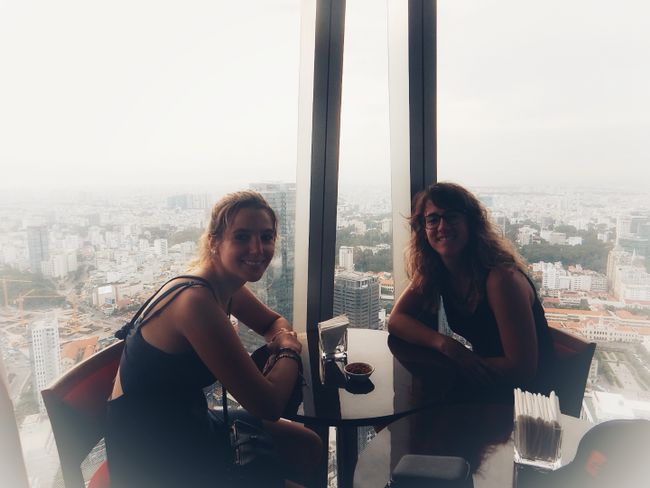
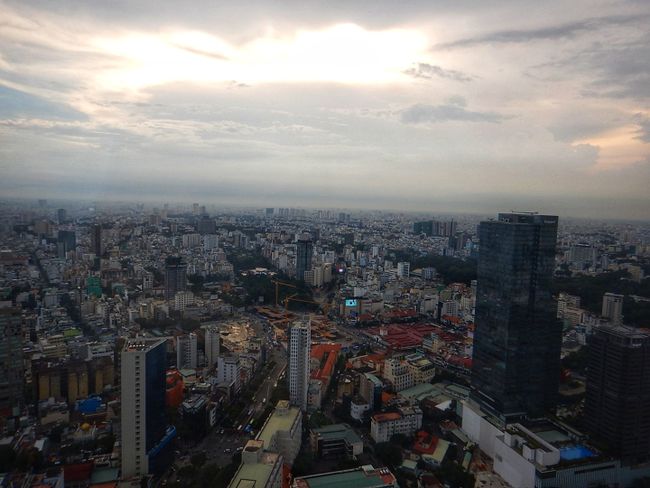
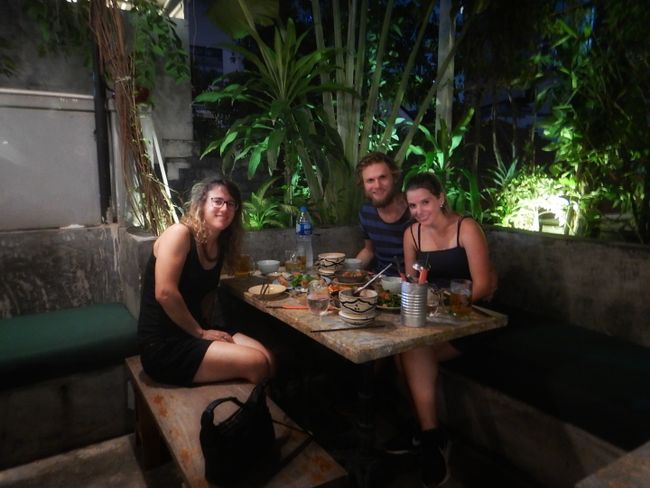
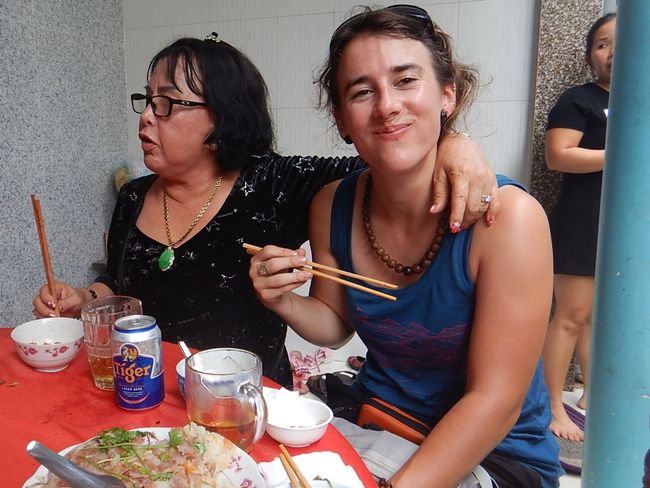
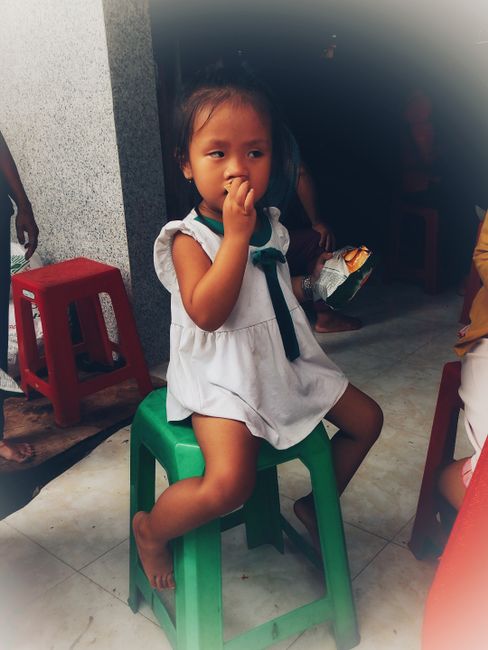
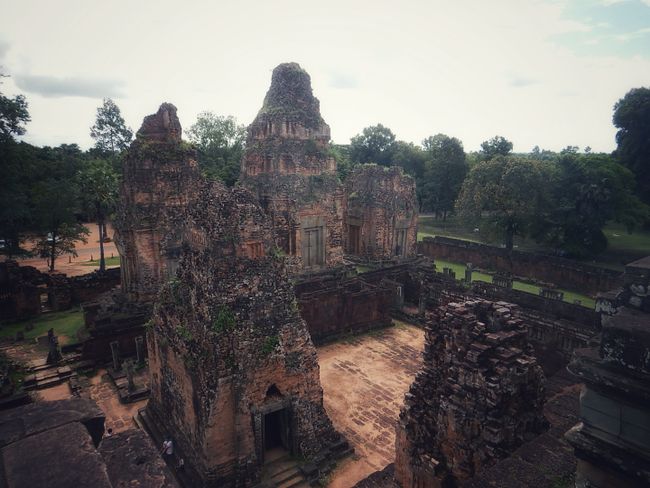
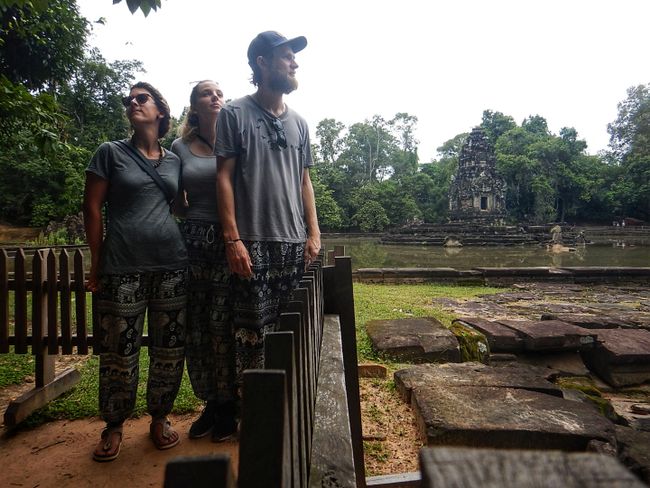
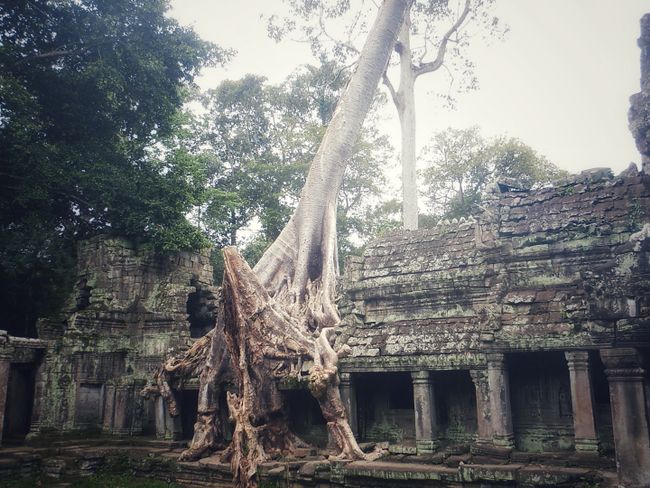
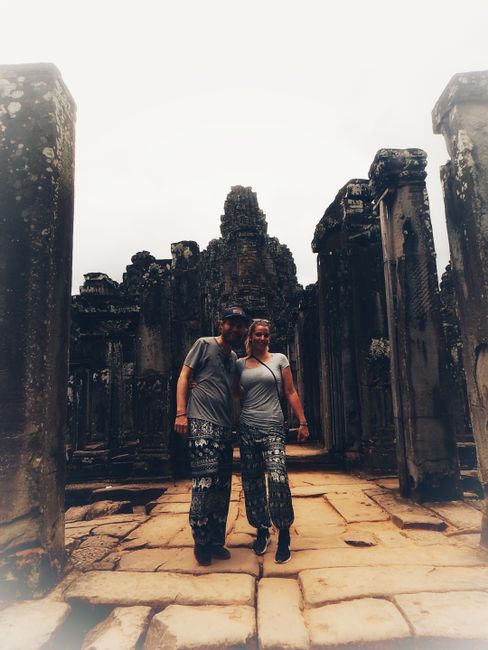
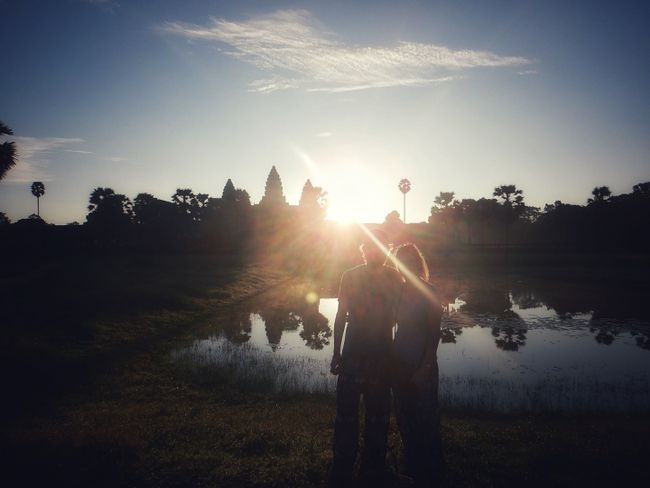
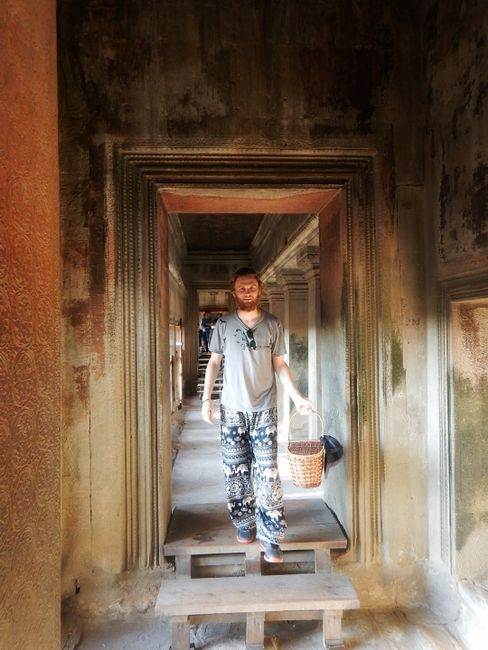
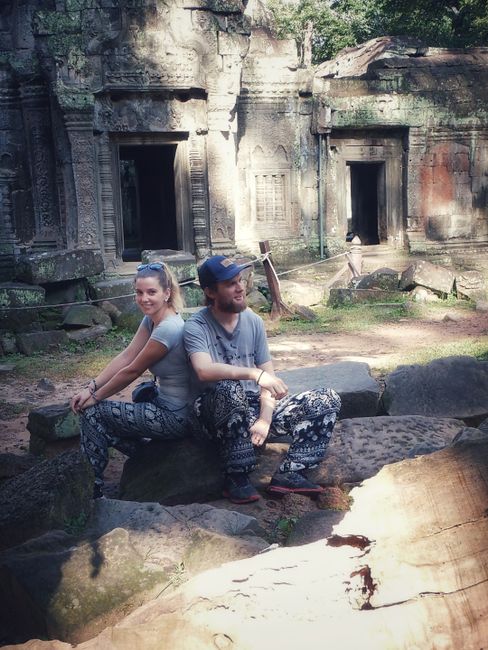
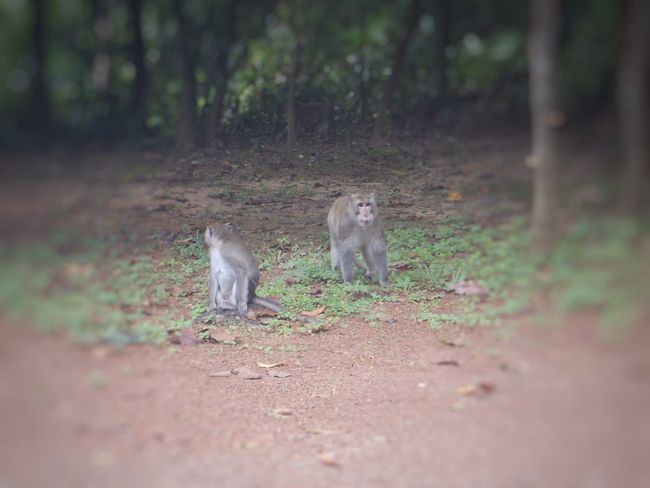
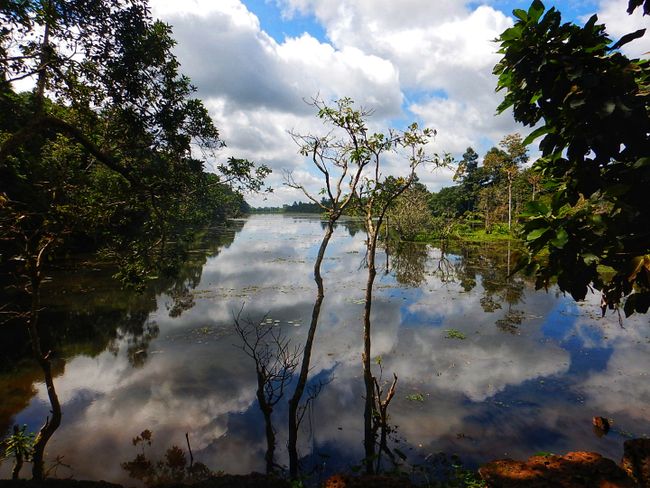
Wewandiise ku lupapula lw'amawulire
Our travel planning was like a tennis match: we started in underdeveloped Cuba, followed by a few months in the industrialized countries of the USA, New Zealand, and Australia. The back and forth was supposed to culminate with the exploration of the partially less developed countries of Asia. The connection between the countries, especially Cuba and Vietnam, was also highlighted in the museums, where the communist government of Vietnam constantly reminded us of its brothers from Cuba.
Singapore
So in the middle of August, we left behind the industrialized world as we know it and left Australia towards Singapore, where our journey in Asia began. Singapore was an ideal entry point after the long time spent in highly developed countries. When you think of Singapore, you usually imagine the skyscrapers in Marina Bay or the annual Formula 1 race. However, Singapore is also Chinatown, where you get a first impression of what to expect in other places in Asia. The cleanliness of Singapore was slightly less intense in this neighborhood.
We were really impressed by the city-state: 6 million people live together in a very small space. Hindu and Buddhist temples are within walking distance of Catholic churches and mosques. It felt like living together side by side really worked here. We really enjoyed the four days in Singapore:
- Our highlight was visiting the 'highest brewery in the world' on the 33rd floor of a skyscraper with a view of the most important tourist attractions.
- To continue with superlatives: the formerly largest and now second largest aquarium in the world was spectacular, and during our four-hour visit, we were never bored.
- The food - Asian food in Asia is definitely not the same as the Asian food that can be ordered in Switzerland *super tasty*!
In Singapore, we also got a first impression of the traffic in Asia. What seemed very traffic-intensive to us at the time turned out to be relatively harmless.
Vietnam
When we landed in Hanoi, the contrasts were obvious: the rich and the poor live close together in this million-city. The drive from the airport to the hotel reminded us - especially in terms of cleanliness (or lack thereof) - of Cuba instead of Singapore. As we later learned, the younger generation under 30 is taught that garbage belongs not on the streets or in the nearby river, but into designated containers.
The visit to Halong Bay (the second of the seven unofficial natural wonders of the world that we had the opportunity to visit after the Grand Canyon) and the old town of Hanoi on the weekend were wonderful. From Friday evening, the old town is closed to car traffic, and the streets are filled with street musicians and future dance superstars.
In Hanoi, our travel group was joined by Livia Reimann from Adelboden for the next fourteen days. Livia is 27 years old, a very good friend of Karin's, started her long journey in Asia - she will continue to Oceania - and is (still) not on Tinder. In Switzerland, she worked as a chef in our wedding restaurant. She organized a cooking class for us in Hanoi, including a visit to the local market, where not only do dogs eat whatever is lying around, but they are also eaten. The sight of 'dog meat' as well as many living animals (frogs, fish, shrimp) triggered mixed feelings even in non-members of animal welfare organizations. It was only here that we realized that the development and use of refrigerators can have positive consequences for the well-being of animals. If there are no refrigeration facilities available, the living beings are kept alive as long as possible before being eaten. As we learned, it is common in Vietnam to visit the market at least once, often twice a day to ensure that everything that is prepared is fresh. Back to the cooking class: it was a great evening, although we failed in pronouncing the dishes correctly. If you mispronounce a Pho (Vietnam's national dish, a soup), don't be surprised if you are either kicked out of the restaurant or a very young, exceptionally good-looking woman suddenly approaches you and tells you how beautiful you are. Yes, Pho not only means soup but also refers to a woman to whom you only want to give your heart because you simply have no more to give. If this person then joins you, you should not keep paying and paying until you can no longer. Your heart will most likely not be enough for her.
Despite all the efforts by our cooking instructor and ourselves, we still cannot pronounce the magic word correctly to be sure to order a soup. Therefore, we ate more fried rice in Vietnam.
Night trains, tourist attractions, and sides of the road
We took the night train from Hanoi to Hue. We spent about three days in this region. Among other things, we visited the Golden Bridge - an impressive bridge that looks like the most beautiful and one of the longest in the world in pictures. In reality, it is quite beautiful but rather short at 150 meters.
Two of these three days, we were accompanied by a private guide and driver. The discussions with these two men were very enlightening. The Internet - available nationwide in Vietnam since 2010 - has really changed the country. According to our guides, it was previously impossible to receive information that was not influenced by the government. Now, people can get informed and don't have to rely on fake news. What was self-evident for us even before the internet is now possible in Vietnam thanks to the World Wide Web.
The saddest part was the drive through Da Nang. The government is hyping this region and trying to market the beautiful beach. The attempt is quite successful. On the left side of the road, one resort is next to another, and where there is no hotel yet, there is a sign indicating that this will change soon. On the other side of the road, there is a wall. Behind it, the locals live. They are no longer allowed to go to the beaches. One could almost think that a current president of another nation went on vacation in Da Nang and came up with the idea of solving important problems and excluding unwanted people from a certain area by building a wall. Another remark on the standard of living in Vietnam: the average income in Vietnam is around CHF 2,000 per year. Normally, there is one to two Fridays off per month. No vacations. For comparison: in Switzerland, the average income (or median income) depending on the calculation method, is between CHF 70,000 and CHF 80,000. Even with a minimum AHV pension of CHF 14,100 and without a pension fund, living in Vietnam is like living like a prince.
The first train journey was very calm and civilized. The 13 hours flew by (pun intended: in the train as if by plane - knee slapper alert). The second journey from Hue to Ho Chi Minh City (Saigon - by the way, both names are still used locally as synonyms) was slightly different, and not just because of its length of 20 hours. We accepted the fact that the bed sheets in our sleeping car had obviously not been changed and were full of hair. The real horror was looking for the toilet. Apparently, a Vietnamese woman had not found it either. Thomas saw the person squatting first. Karin, in her flip-flops, was just able to dodge as fresh urine ran across the train floor. After doing her business, she wiped up her mess with a mop. Karin and Thomas looked at each other: 'Do we have to go to the toilet like this for the next 20 hours too?' No - the toilet was one train compartment away. Phew! The toilet was not particularly nice either, but hey - when you think about the train floor, you'd rather choose any toilet. By the way, we all had some stomach problems that day. But we all survived and were able to do our business in the hotel the next day (I know, maybe not everyone was interested in this, but it was a huge relief for us - in two ways). For Livia, the train journeys were particularly eventful, as she was robbed on a night train, which understandably triggered a slight paranoia. We can still write the blog, so we survived (including Livia). However, since then she has been nicknamed Paranoia-Livi.
Saigon and Mekong Delta
Saigon is the most developed city in Vietnam. But here too, there are not only beautiful new skyscrapers but also slums. Built right next to the river. The houses are flooded by the river three to four times a month due to the high tide.
The visit to the War Remnants Museum was very disturbing. It documents the direct victims of war weapons as well as the long-term effects of Agent Orange. How would the world look if people were forced to visit this exhibition every time before they declare war on each other?
On the second day, we visited the Mekong Delta again with a private tour. ‘The real Vietnam’ was promised to us here, and that we wouldn't see any other tourists all day. The promises were kept and more than that! Luckily, there was a death anniversary celebration at the home of our guide's uncle. In Vietnam, a feast with friends and family is celebrated on the anniversary of a death. So there we were: 25 Vietnamese, Livia, Karin, and Thomas. The Vietnamese are very heavy drinkers and are rather offended if you don't drink a beer at a gulp. An old, wealthy lady fell for Livia and wanted to take her home with her. Unfortunately, she couldn't get Livia drunk and obedient. So the rich lady went home alone. Thomas and Karin repeatedly showed their wedding rings and were spared any advances.
Cambodia
The journey (this time by plane) took us from Ho Chi Minh City to Siem Reap, Cambodia. What we had booked as a hotel in Cambodia for CHF 35 per night seemed like a dream. We treated ourselves well: a massage was a must, and we were able to have our laundry done. In Siem Reap, Beat Richner ran one of his hospitals. It was impressive to see how revered he was in Cambodia. Currently, there is a hundred-day state mourning in his honor.
Siem Reap is famous and infamous for two reasons: the temples of Angkor Wat and the nightlife. We visited and enjoyed both. The sunrise over the temples was spectacular, although we were not the only tourists who wanted to see it.
In Siem Reap, we left Livia behind. We knew that she is a big fan of strawberries but hadn't had any for a long time. So when we discovered a large box of dried fruit mix in the supermarket that also contained strawberries, we had to buy it and give it to Livia as a farewell gift. We are curious when Livia will enjoy these fruits. Since she will arrive in Australia in a few days and food cannot be brought in, she has to hurry.
Safe travels, Livi, it was fun!
Bangkok
We went to Bangkok by an eight-hour bus ride. At the border crossing, we once again experienced how valuable the Swiss passport is. While people from Singapore were questioned for over an hour at customs, our crossing was quick and easy.
We had a very nice hotel in Bangkok, visited different temples, saw countless Buddha statues, and sweetened our evening with a dinner on a boat. It was beautiful!
We also visited the unofficial 'largest market in the world.' Karin always wanted to go to the market, and Thomas didn't want to stay at home. In Vietnam, Cambodia, and Thailand, we visited various markets. At the beginning, Thomas was a bit reluctant, as he was thinking of the market visits in the Arab world. But in Asia, market visits are very cozy. No constant pestering. We, as world travelers, strolled leisurely through the markets, and only when we studied something in detail did the salesperson approach us, and the bargaining began.
In Vietnam, we were overwhelmed by the traffic. Countless mopeds dominated the streets, and traffic rules were practically not observed. However, Bangkok was worse in terms of traffic. In Vietnam, it felt like only geniuses drove on the roads, and they are known to master chaos. In Bangkok, it was just chaos.
Hua Hin
We took a taxi for just over two hours from Bangkok to Hua Hin. We are here now and enjoying three days of luxury like never before, except for our first hotel in Cuba. But our room is unparalleled - we have our own infinity pool on our balcony! Truly a grand finale of our journey.
Speaking of the end: only two more days to sleep, and then we board the plane back to Switzerland. Before that, we will think about a thousand things one more time.
Wewandiise ku lupapula lw'amawulire
Okuddamu

